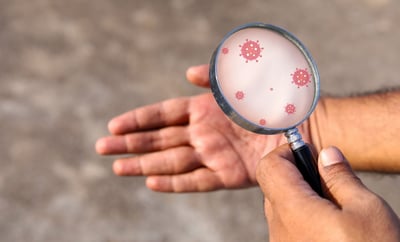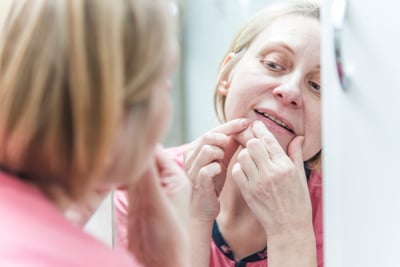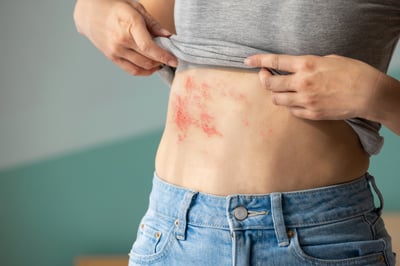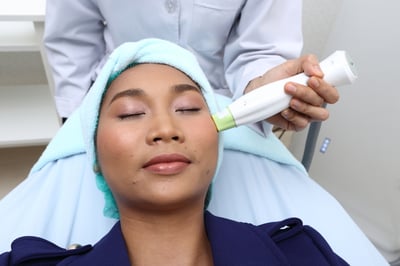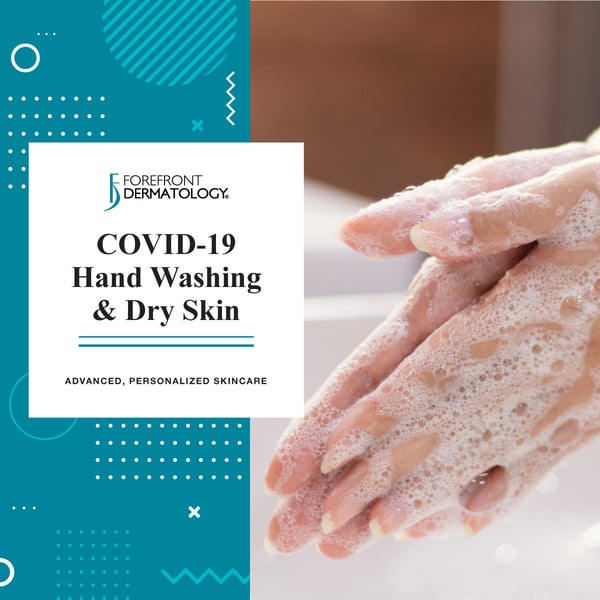
People everywhere are washing their hands now more than ever thanks to COVID-19, also known as the novel coronavirus. Guidance from the Centers for Disease Control and Prevention (CDC) says people should scrub their hands for at least 20 seconds to effectively curb the spread of germs. Alcohol-based hand sanitizers that contain at least 60% alcohol can also be used to rid your hands of germs, though they are not as effective as soap and water at removing visible dirt or harmful chemicals. Sanitizers also do not get rid of all germ types.
Frequent hand washing can lead to and worsen dry skin issues. According to Dr. August Natalie, a board-certified dermatologist with Forefront Dermatology, “While we are in a crucial time to wash our hands more often than normal, it can have a direct impact on the overall health of your skin. You may have started to notice your hands becoming exceptionally dry, or for some individuals, even noticed a red rash-like appearance.”
Why handwashing causes dry skin and how to treat it
Soap and water rinses away germs and dirt, but also strips the natural, protective oils in your skin, causing it to dry out and crack. These cracks also increase your risk of infection and may lead to other complex skin conditions.
There are things you can do to help alleviate the dry skin, while still washing regularly.
• Choose a soap that is fragrance free and meant to clean hands, not dishes.
• Instead of rubbing dry your hands on a towel, pat dry to avoid additional irritation.
• Follow up handwashing with a hand cream to seal in moisture. Do not use a hand cream that includes irritants, such as fragrances.
• If suffering from extremely dry hands, apply a thick hand cream or Vaseline followed by cotton gloves. While you sleep is an excellent time to allow your skin time to heal and hydrate before your next day of handwashing.
Isolated and need skin care?
While many of our offices are still seeing patients, we understand the need for direct care from the safety of your home. We are now offering teledermatology appointments so you can get the care you need during the COVID-19 pandemic. Click here to schedule your appointment today.
